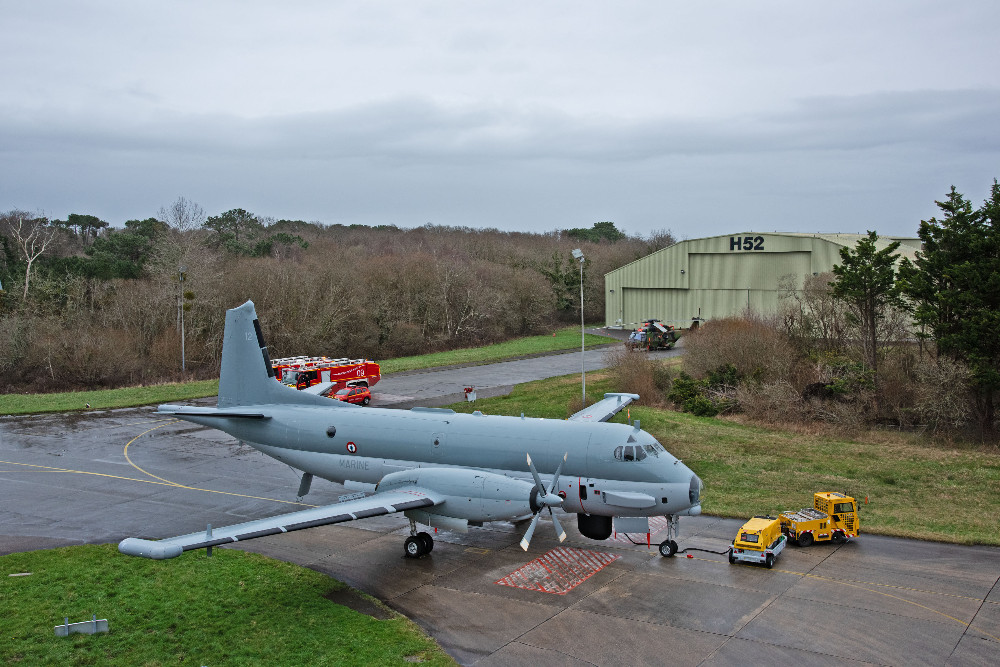Editorial
It is now half a century since most African countries gained independence from colonial rule. The links between the Dark Continent and Europe remain strong, and so it has naturally been RDN’s custom to feature Africa periodically. This month’s French edition of our journal includes four essays on the continent. That chosen for inclusion in the English edition, by Massaër Diallo, looks at west Africa. He considers the particular nature of the violent and organised forms of conflict in that region, especially the relative part played in them by internal, regional and external factors.
NATO’s new Strategic Concept is due to be adopted at its Lisbon summit later this month, so we look again at France and NATO, one year after France’s return to the Alliance’s integrated military structure, from the viewpoint of a serving officer, Samuel Quéré. Readers may have noticed that our autliors this year have regularly included alumni from the Paris-based Joint Services Defence College (CID). This is deliberate policy on our part: while we continue to value the thoughts of more experienced academics and other writers, we believe that the views of younger but well-informed and articulate members of the armed forces form a necessary element in this time of rapidly evolving strategic situations.
Sadly a feature of strife in Alrica in particular today, the use of children in war is the subject of our article by Michel Klen. He starts with the observation that this appalling practice has become more evident today with the arrival of the Kalashnikov, an assault rifle that can be carried and operated by small people, before going on raise the issues of the problem facing soldiers confronted with child soldiers, and the legal implications.
Our piece by submariner Cédric Chetaiile on maritime power is entirely relevant at a time when even the European countries the most visible when it comes to using defence forces in practice are having to cut their defence budgets. Opining that maritime power will continue to be of great value to countries capable of exercising it, he suggests that technology alone will not solve everything. Nevertheless, his implication is that the number of carriers, submarines and surface vessels, nationally owned or used in coalition, matters.






_astronaut_Sophie_Adenot_(jsc2025e058846_alt).jpg)

